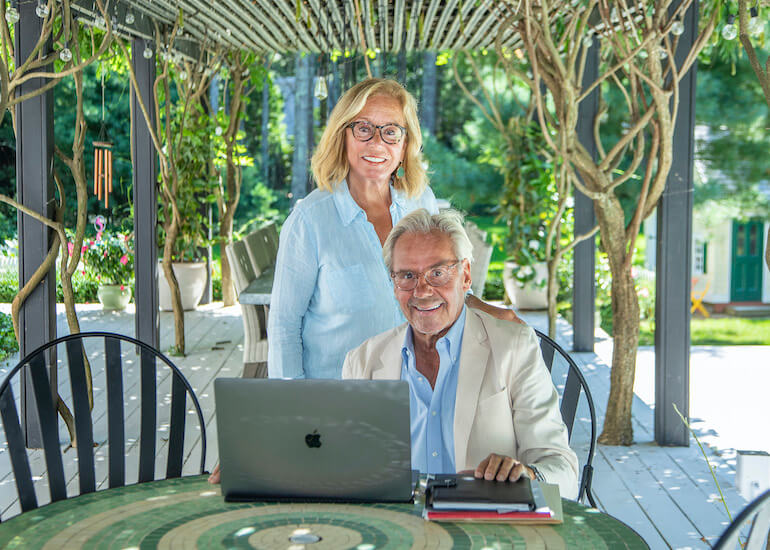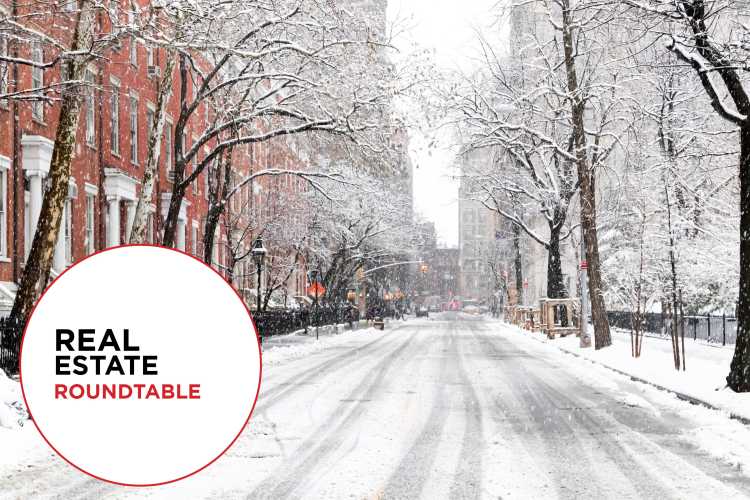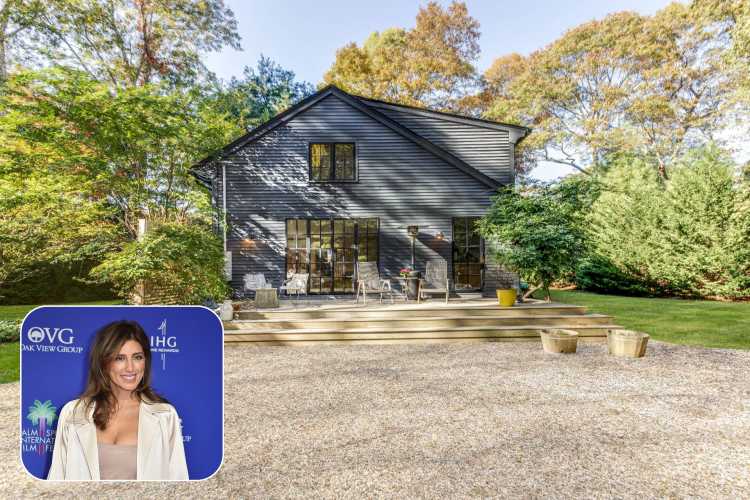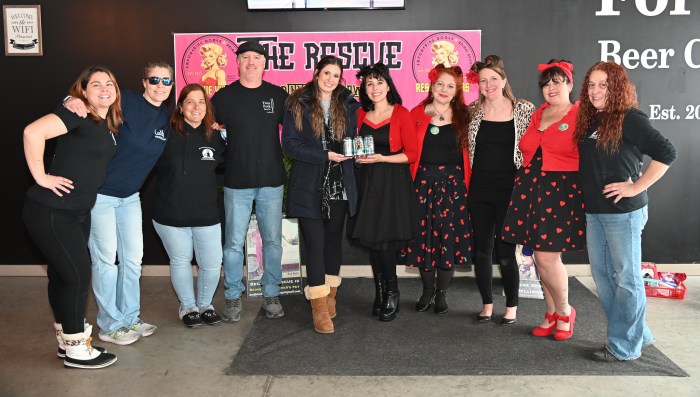It isn’t hard to imagine them on a beach on the East End, each picking up smooth, flat stones, piling one upon the other in turn. One rock starts to slip, another helps right it. And so it builds and balances, calming and kinetic. There isn’t a sign of any such Zen sculpture in the East Hampton backyard of celebrated Sotheby’s brokers Ann Ciardullo and Keith Green, whose partnership in business and in life has led them to this place and moment, but there is a tranquility and unmistakable undercurrent of energy as they sit together, reflecting on the profound change that is all around us, pondering the question of what the future looks like out here.
Not so long ago, the very idea of future was a gray just-get-us-to-tomorrow turmoil as New York faced COVID’s opening salvo in March. As those first weeks turned into the first months of spring, it became clear the Hamptons was becoming not merely a second home, not even just a primary residence, but a work center, a safe space, an oasis–and a place of uncertainty, especially for many who had left business spaces in the city. “I would say 75% of them felt it was not going to work, that they just couldn’t do it,” Ciardullo recalls. Partners at investment banks, attorneys, you name it. They all said the same thing: “I don’t know how I’m going to do it. I need to be with my people.”
Until, suddenly, they didn’t. “Well, after about a month, I find them running on their lunch hour, or taking a bike ride or going to the beach for an hour,” she continues. “And they say they don’t want to go back to the city.”
This, of course, in no way means Manhattan is being left behind today, or any time. “What they’re planning is to sort of reverse things in their life,” Ciardullo says. “They’re never going to leave the city, but they’re probably going to be spending more time out here. And I think the Hamptons will be their main residence–where they have their family, where they have holidays–and New York will be a place that they go to one or two days a week, maybe to the theater, because nobody is ever giving up the energy of New York.”
For families, for business, there are unknowns, yes, but change is replacing uncertainty. It is not escape, but rather, evolution. “The Hamptons has, for at least a decade, been meandering on its journey to becoming a four-seasons community,” Green observes. “Three decades ago, it was where people went for the summer. Two decades ago, they might have spent a few holidays. One decade ago, they were thinking of it as an involved part of their life. But it’s been meandering. COVID didn’t change direction, it simply accelerated where it was already going.”
In an earlier life, Green spent some 30 years in the upper echelons of the nation’s marketing community, and there is one truth that he carries with him to this day. “What we always understood was that products don’t make markets, people make markets. And so what’s happened here is that people’s mindset has changed. We don’t think anybody is abandoning New York for the Hamptons, but what people are going to find is a different balance. They’re going to get their energy from the incredible power, as Ann said, of New York City. When I say power I don’t mean just business but artistic and social and community–it’s a source of power. It lights up the world. New York has, literally and figuratively, for centuries, lit up the world.
“But now what we’re hearing people say is, I’m going to find a balance. I used to go to the Hamptons to relax, to restore, for the relative calm. Now they’re going to be coming here to balance out that vibrant power of the metropolis and instead come here for the majesty of the sky, of the ocean, of the farms, of the tranquility. And balancing those things, finding that balance, for every family, for every individual, will be different. But everyone’s going to be trying to find the balance that works for them.
“But here’s the punchline,” he adds after a storyteller’s half-beat. “What’s the greatest tool at their disposal to help them get that balance right? Real estate. What they choose to live in here, and what they choose to live in in the metropolis. Everyone says it’s just time–‘We’ll spend four days here and three days there, five days here and two days there.’ It’s not time, it’s real estate.”
Finding balance is a journey. These brokers who have more than 40 years combined experience understand the guidance they can offer on such a quest can prove invaluable when it comes to price and location and amenities and such, but at its best it’s more than that. It is something transformative instead of transactional.
“When you sell a house, it’s not as if you never see these people again,” Ciardullo says, her face revealing a hint of a surprise, as if anybody might actually think otherwise. “They become part of your life. Many of them have become a part of our family. They come to Thanksgiving. I’d say most of our new friends are new clients we’ve sold homes to.”
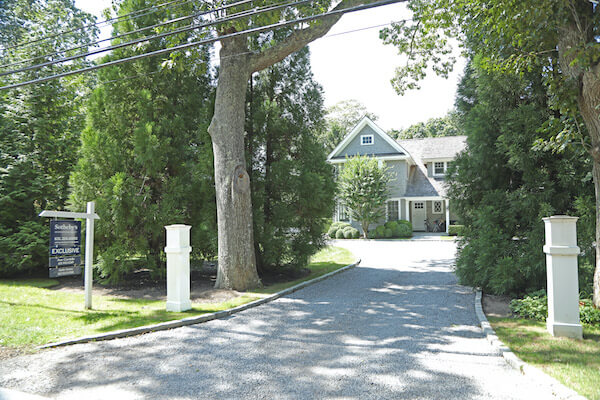
They haven’t just sold homes, of course. They’ve become invested in lives. Because that is their nature, to inquire and offer help and be genuinely interested in others. Because they have lives here, not just careers, themselves. The passion is tangible when Ciardullo speaks about her dedicated work with the Ellen Hermanson Foundation and helping community members battling cancer, when Green dives into a review of the natural wonders of the East End. When they talk about the happiness of family and how these times have presented challenges but also opportunity for reflection on true joys.
“My biggest joy is being with our grandchildren,” Ciardullo says. “Being a grandmother is the most incredible thing ever! But second is my vegetable garden! I have tomatoes, zucchini, edamame, all kinds of herbs…”
Green laughs, his eyes widening in surprise and with genuine glee at her revelation. He ponders it for a moment.
“Nothing gives me more pleasure than waking up in the morning and wondering where she’s gone, and looking out the window and she’s there collecting tomatoes and cucumbers,” he says. “Literally, the first hour of every day, she’s out there. And you and I don’t need to wonder about whether that’s her form of mediation, because by definition it can’t be about the tomatoes, because we could buy more tomatoes for $3 down the street at a farm stand that are bigger than hers and better than hers.”
The energy and playful tone are suddenly subdued, Ciardullo looking his way with a good-natured wonder as to where he’s going with this. “But the joy, and the peace and quiet of getting out of the real estate business that first hour every morning,” he adds, his voice now softer, measured, balanced, “is something to see.”

